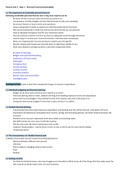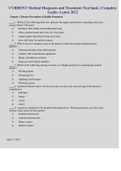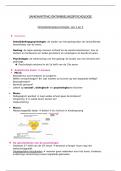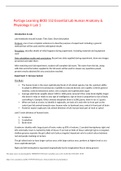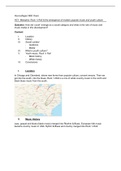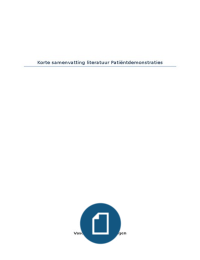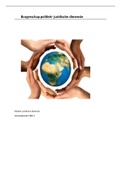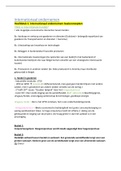Lecture notes
LIBF (DipFS) Unit 3 (A* Revision) - Sustainability of an individual's finances
- Institution
- AQA
This document covers the whole LIBF (DipFS) Unit 3: Sustainability of an individuals finances text book. All information is condensed and has been produced by a A* student.
[Show more]
